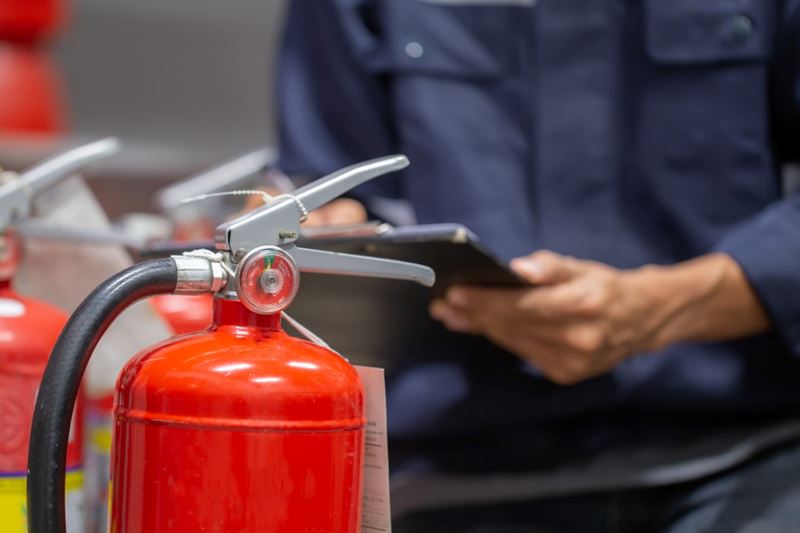How to maintain quality when outsourcing your product overseas
How to maintain quality when outsourcing your product overseas
With the rise of Amazon and the threat to traditional retail models, organizations that manufacture products are under pressure to improve their already fine margins. Outsourcing the manufacturing of a product to a foreign company can be a great way for a company to cut costs; it’s a natural move for many companies in today’s increasingly globalized business world.
But it’s not quite that simple. Even outsourcing to developed market countries could bring complications. Contracts between vendor and manufacturer need to be thorough and stringent and enforced with a clear and defined strategy. Your brand reputation is based on the quality of your product, so handing that responsibility to another company is a big deal. From product quality control and delivery timelines to the parts and components that are used, there are many important things to consider when deciding on whether to outsource, and then consequently, to what company.
Before an outsourcing contract can be inked, business leaders need to enforce quality control measures that ensure product standards are upheld. Here’s some tips on how to do it.
Commissioning an independent local auditing company to examine the contractor’s capabilities and quality controls can be a good way of getting a clearer picture of any potential pitfalls.
Supplier Selection
One of the most important aspects of outsourcing manufacturing is finding the right contractor. Start off by identifying a selection of potential partners and then sending each a Request for Proposal (RFP). It’s at this stage that you clearly outline your requirements and expectations around the manufacturing process, quality of product, repairs, materials, testing processes, capacity, monitoring, and reporting. It’s also crucial to demand references – we recommend from no less than three existing clients – from your potential outsourcing partner.
Auditing
Commissioning an independent local auditing company to examine the contractor’s capabilities and quality controls can be a good way of getting a clearer picture of any potential pitfalls. Auditors will examine several key areas, including quality control methods, production strategies, testing, and corrective action and inspection. With this information in hand, you’ll be much better equipped to make an informed decision.
Premises review
A separate audit or report should be carried out on your potential contractor’s facilities. Premises play a crucial role in quality control and this audit can help ensure that employees are working in a safe environment. The facilities test should follow the parameters set out by the International Organization for Standardization (ISO), using an ISO 9001-2000 Checklist. This checklist outlines the requirements for a quality management system. It requires that an organization demonstrates its ability to consistently provide product that meets customer and applicable regulatory requirements. Analyzing every point on the list will help give you a detailed account of the company’s facilities – its strengths, weaknesses and any defects.
Develop an on-site inspection plan
Arrange for specialized engineers to check the product at different stages of its development cycle. Get your engineers to visit the facilities when production is in process and again when the product is complete and ready for shipment. Implementing this type of plan helps avoid the need for time consuming fixes later in the process and reduces quality risks.
You might also want to consider hiring your own Quality Control (QC) / Quality Assurance (QA) Manager or Engineer to provide guidance and consultation and at every stage of the manufacturing process. Typically, this would be a Canadian QC/QA Manager or Engineer who resides and works in the city where your manufacturing is taking place. With this arrangement, you’re able to develop a much closer relationship with your manufacturer and you’re able to oversee the manufacturing and QC process from design, to start of production, to the packaging/shipping stage on a full-time daily basis.
This arrangement may not always be possible, depending on your manufacturing arrangement or type of product. But for products that could pose severe or long-tail Product Liability exposures (i.e. liabilities that carry a long settlement period), or that require a high level of technical expertise, manufacturers should seriously consider hiring their own on-site QC/QA team.
Summarize your findings
Share your plans, findings and audit results with your senior management team and ask each to come back with some feedback or further questions on each potential contract manufacturer. Then, rule out the candidates that don't meet your standards. With the remaining companies, develop a detailed breakdown on each one, highlighting how they perform in the areas that are most important to you. After summarizing each candidate at length and analyzing their strengths and weaknesses, you should be able to decide on your final choice.
There is another way…
Outsourcing to foreign manufacturers is becoming an increasingly popular trend in the modern world, but that doesn’t necessarily mean it’s the best option for you. Yes, outsourcing abroad does have the potential to cut costs significantly, but one poorly executed production cycle could damage your company’s reputation beyond repair and leave you with an insurmountable product recall list.
There are ways of making outsourcing to foreign companies work but it’s not for everyone, and it’s okay to say “I don’t think it suits our company”. Sourcing to companies in North America may be the best option for companies who rely on their product meeting exacting quality standards.
Choosing the best manufacturer to create your product is one of the most important business decisions you’ll ever make. Just remember: cheaper doesn’t always mean more value, so it’s important to carry out your due diligence when exploring your options. Overseas partners can help grow your business, but sometimes the solution to your production needs is closer than you think.



